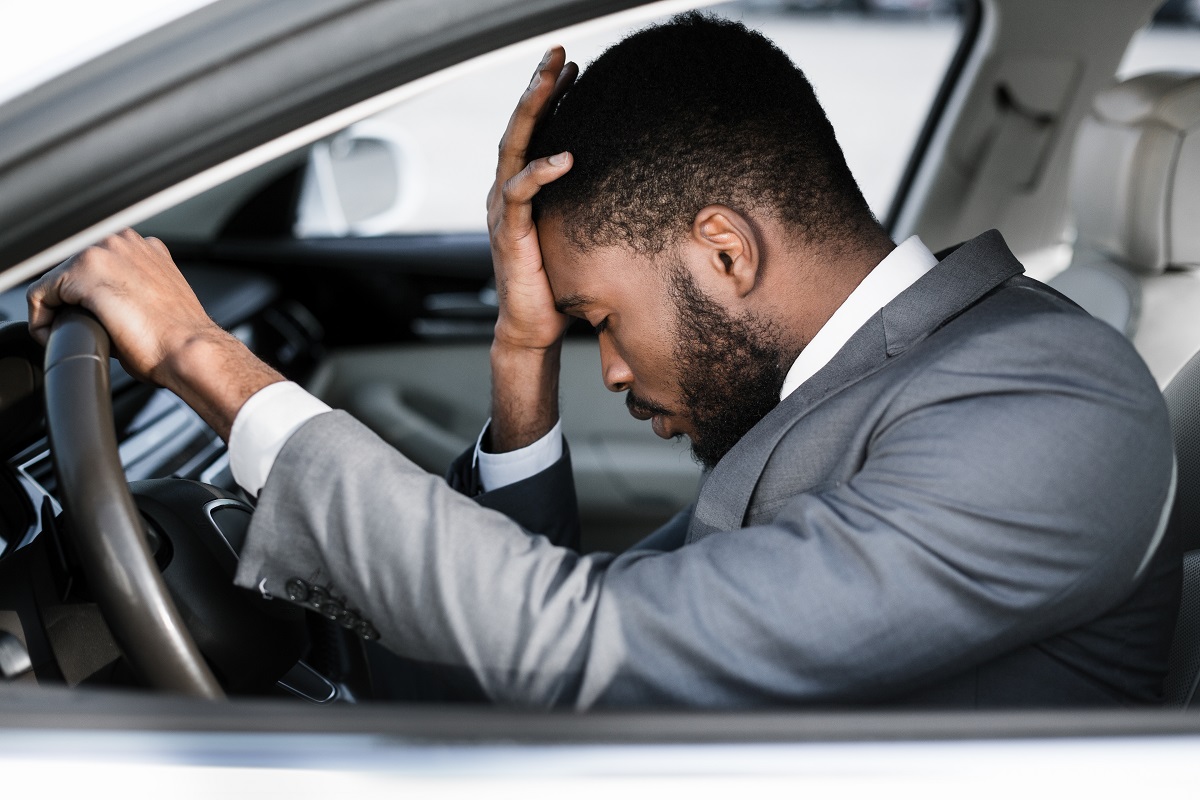
A study by the Washington State University explored cannabis impact on stress, anxiety, and depression. Different strains and quantities of cannabis being inhaled at home by patients were examined.
According to a publication in the Journal of Affective Disorders, inhaling marijuana can reduce short-term depression, anxiety, and stress. But it may contribute to worse overall feelings of depression after some time.
In a new study by U.S. scientists, an assessment of how medical cannabis with varying degrees of THC and CBD can affect medicinal cannabis users’ feelings of wellbeing when inhaled outside the lab.
Past research was done with THC only strains put in a capsule. But this study looks at the impact of cannabis on stress and anxiety when inhaled. Currie Cuttle, a clinical assistant professor of psychology at Washington State University (WSU) and lead author of the study, said, “Existing research on the effects of cannabis on depression, anxiety and stress are very rare. They have almost exclusively been done with orally administered THC pills in a laboratory.
She further adds, “What is unique about our study is that we looked at actual inhaled cannabis by medical marijuana patient. The patients were using it in the comfort of their own homes as opposed to a laboratory.”
The research team found out that a single puff of cannabis high in CBD and low in THC was effective. It reduced the symptoms of depression. Also, two puffs of any cannabis strain were efficient in reducing symptoms of anxiety, while more than ten puffs of cannabis high in CBD and high in THC reduced the highest levels of stress.
Cuttler added, “A lot of consumers seem to be under the false assumption that more THC is always better. Our study shows that CBD is also an essential ingredient in cannabis. It may augment some of the positive effects of THC.”
The study findings indicated that patients who inhale cannabis would experience a significant reduction in their depression feelings. The Depression symptom got reduced by 8.3% of the sessions. In 3.2% of the sessions, depression got intensified while there was no significant change in 7.5% of sessions.
As for anxiety, 3.5% of the sessions saw a significant reduction. In 2.1% of the session, the anxiety symptoms got intensified while in 4.4% of the sessions, there was no change.
A comparison of this study was also made between the sexes. The women experienced a more significant reduction in anxiety symptoms when they inhaled cannabis compared to men.
When studying the depression effects, the study showed that THC and CBD interaction resulted in the greatest reduction in ratings of depression, especially when the THC levels were low and CBD levels were relatively high. There was also a non-significant effect of dose on change in depression symptoms.
When looking at anxiety, the study indicated that there was no significant interaction between THC and CBD. Neither THC nor CBD alone was a predictor of change in anxiety ratings. Results of models testing a change in ratings of anxiety across different doses also revealed no significant linear effect. Further testing revealed that a single puff produced significantly smaller changes in anxiety ratings than all other doses, but no other differences were noted beyond a single puff.
So essentially, when it comes to anxiety and medical cannabis, a little goes a long way.
In a study on whether cannabis combats stress, the study indicated that THC and CBD interaction reduced stress ratings. It frequently happened when cannabis was used with relatively high THC and relatively high CBD levels. Doses, in contrast, strains with high THC/low CBD, low THC/high CBD, or low THC/low CBD, all showed no significant differences in symptom changes. Different doses indicated a significant linear effect of dose and significant reduction of symptoms when having up to ten puffs.
No Information on MarijuanaDoctors.Com should be used to diagnose, treat, prevent or cure any disease or condition. You can view our Full Disclaimer here.